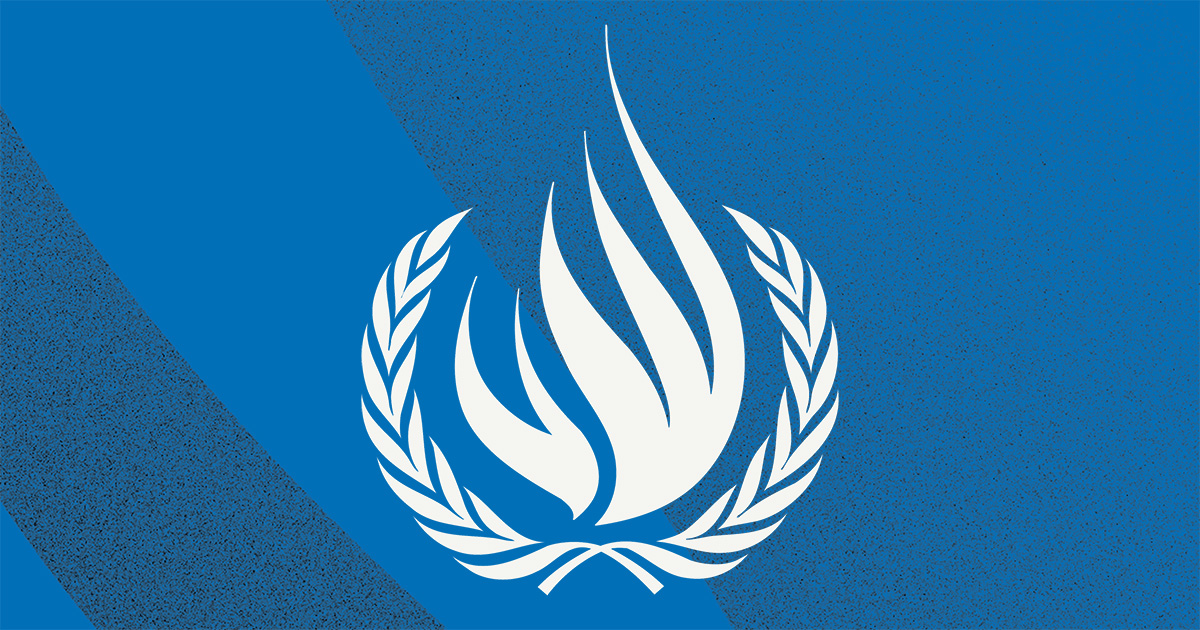
Frustration over inequality and a sense that economic and political systems are rigged in favor of privileged groups were major factors driving the increase in protests in the Middle East and North Africa region and around the world in 2019 — a trend that is likely to continue in 2020. People in many countries worry that younger generations face more difficult futures than previous ones. These concerns are driving unrest and eroding trust in institutions around the world.
Inequality was one of the major themes as the global political and economic elite met in Davos last week for the World Economic Forum (WEF). As part of this, the WEF launched a new Global Social Mobility Index. The index report defines social mobility as “the movement in personal circumstances either ‘upwards’ or ‘downwards’ of an individual in relation to those of their parents.” In other words, as the index report notes, a lack of social mobility means that “an individual’s opportunities in life remain tethered to their socio-economic status at birth.” When social mobility is constrained, a person’s own abilities and choices are less important than their parents’ conditions in determining their future.
The new index ranks Denmark first in the world for social mobility, with Nordic countries holding the top few spots. European countries sweep the first 13 rankings, with Canada coming in at 14. The US ranks 27th. Among the BRIC countries, Russia leads, at 39th in the world, followed by China at 45th, Brazil at 60th and India at 76th. Saudi Arabia leads the four Arab states in the index, ranking 52nd worldwide. Japan leads East Asian countries at 15th in the world; Uruguay leads South American countries at 35th; and Ghana leads the sub-Saharan countries, at 70th.
The index report highlights the direct relationships between income inequality and social mobility, noting that “low social mobility entrenches historical inequalities and higher income inequalities fuel lower social mobility.” The report finds that most countries are failing to foster conditions that promote social mobility. It found that, on average among the developed and developing economies in the index, “the top 10 percent of earners have nearly 3.5 times the income of the bottom 40 percent.” In some countries, that disparity is far greater.
The report notes that globalization and technology are often blamed for inequality. It posits that globalization has indeed increased inequalities within countries where low-skilled jobs moved to countries with lower costs. The report notes that technology has also contributed to inequality by “reducing demand for low-skilled jobs while rewarding highly skilled jobs disproportionately” and in other ways, though it argues that the role of technology is complex.
Some data suggests that inequality may be less of a clear-cut global trend than many people perceive. A different WEF article from 2018, for example, examined inequality using the Gini coefficient and found that, while inequality is clearly increasing in some countries, it is decreasing in others, and these trends tend to cancel each other out in a global average. Nonetheless, inequality is contributing to frustration with economic and political systems in many parts of the world.
Lack of social mobility — and the inequality that it helps to fuel — has negative effects on economic development. An economy with healthy amounts of social mobility is able to best allocate talent, experience, knowledge, and entrepreneurial energy; while an economy that makes it difficult for individuals to access the education, resources, and opportunities that can optimize their abilities loses significant opportunities. The Global Social Mobility Index report notes that, if countries in the index increased “their social mobility index score by 10 points, this would result in an additional gross domestic product growth of 4.41 percent by 2030.”
Obstacles to social mobility also have negative effects on social cohesion and political stability. When people feel that a political or economic system does not offer them a fair chance to progress — and offers privileged groups far more opportunities to do so — they lose faith in that system, which can lead to polarization, frustration, and even unrest or violent extremism.
The WEF report makes multiple suggestions for government and businesses to improve social mobility. Suggestions for governments include ensuring a level playing field for all, more progressive forms of taxation and fiscal policies, and providing access to more equal childhood education and lifelong education opportunities. The report highlights another theme from this year’s WEF meeting: The value of a “stakeholder capitalism” model. Suggestions for businesses include meritocratic hiring, fair wages, and lifelong training for employees. The report also highlights the need to reform systems that assume full-time, traditional employment models and provide better protections for self-employment and other employment models that are becoming more common as digitalization deepens.
The WEF report makes important points about the nature of social mobility and inequality, with useful recommendations. Effective implementation of its broad recommendations would require tailoring policies to each country’s conditions. Countries’ social and political histories, demographics, social contracts, economic models, extent of globalization and digitalization, and much more all shape inequality and will shape potential solutions.
Kerry Boyd Anderson is a writer and political risk consultant with more than 16 years" experience as a professional analyst of international security issues and Middle East political and business risk. Her previous positions include deputy director for advisory with Oxford Analytica and managing editor of Arms Control Today. Twitter: @KBAresearch
Disclaimer: Views expressed by writers in this section are their own and do not necessarily reflect Arab News" point-of-view












